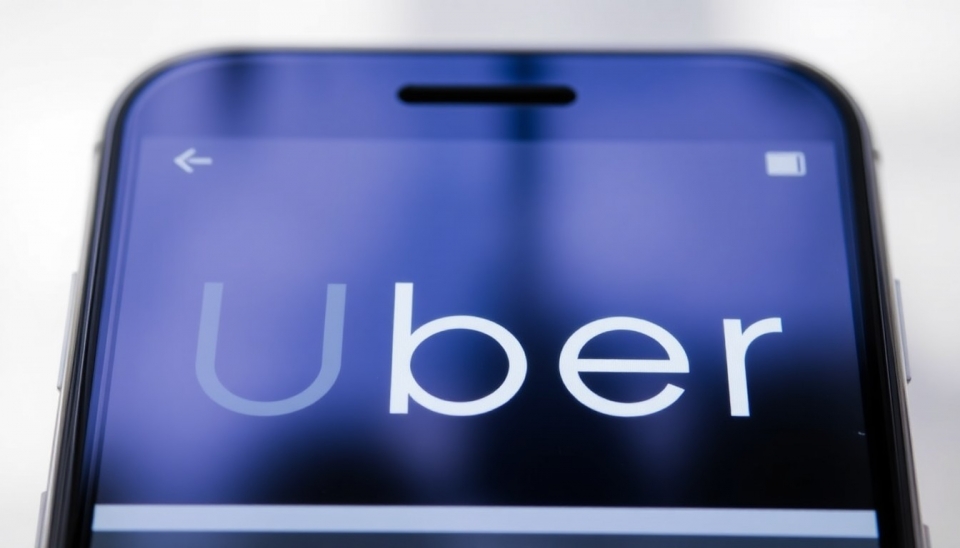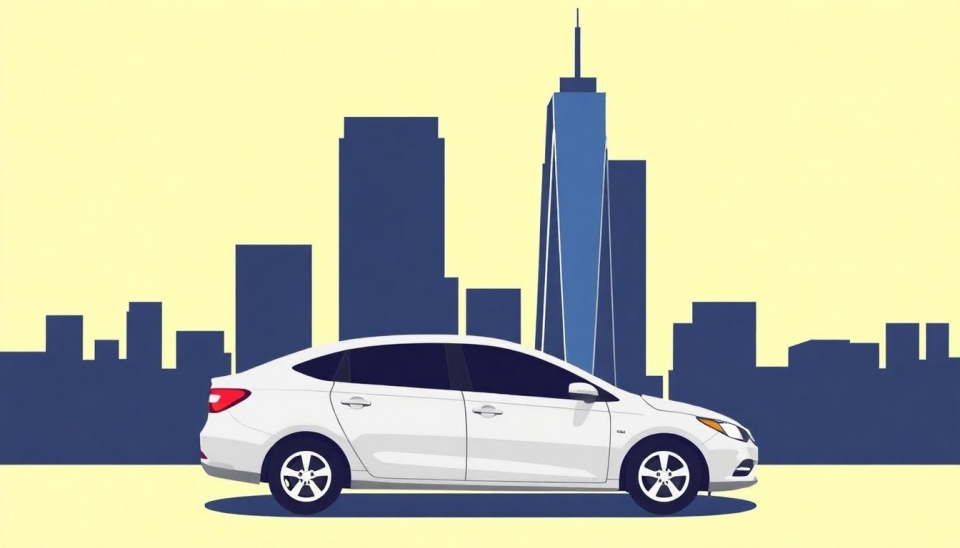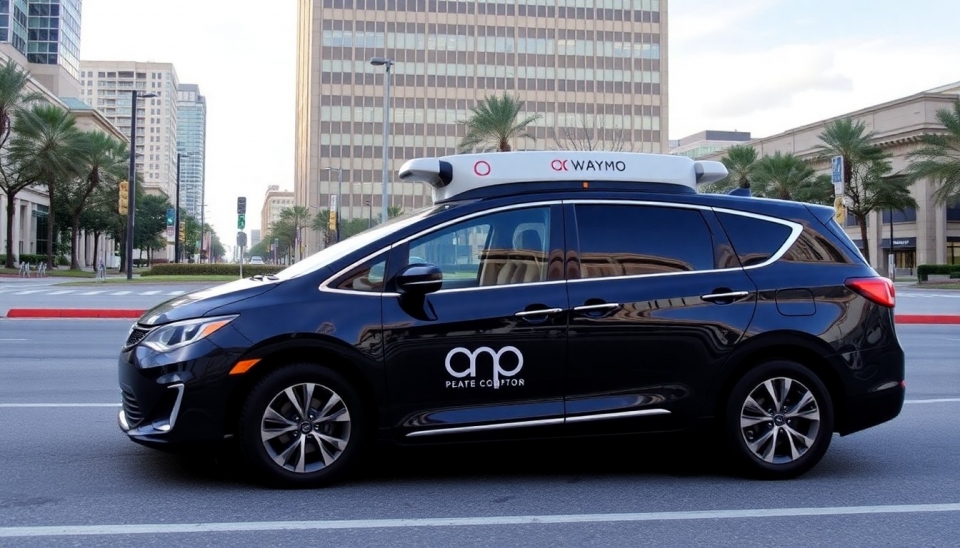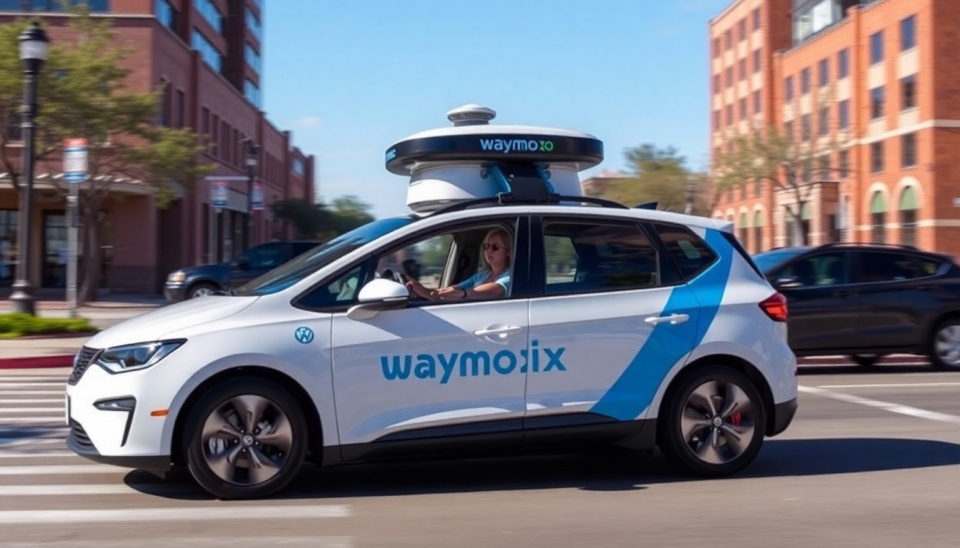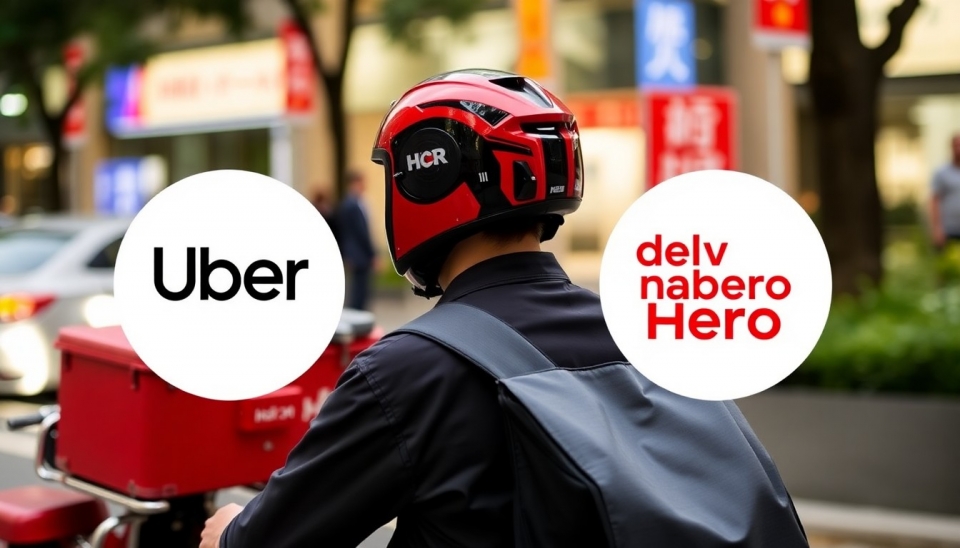
In a notable shift within the competitive food delivery sector, Uber Technologies Inc. has officially terminated its agreement to acquire Delivery Hero's Taiwan business. This development comes amidst a backdrop of rapidly changing dynamics in the online food delivery market, signaling a reevaluation of strategies by major players.
The decision to cancel the acquisition, which was initially set to expand Uber Eats' footprint in Taiwan, highlights the challenges facing delivery companies in the post-pandemic landscape. The change in plans has been attributed to a combination of economic factors and market conditions that have evolved since the deal was first proposed.
As food delivery demand fluctuates and competition intensifies, Uber has found itself reassessing its expansion tactics in several markets, particularly in Asia. Taiwan's food delivery ecosystem, already dominated by local players, presents a unique set of hurdles that may have influenced Uber's choice to withdraw from this particular transaction.
Uber's decision reflects a broader trend where companies are weighing the sustainability of their growth strategies amid economic uncertainty and shifting consumer preferences. The initial optimism surrounding the acquisition has given way to a more cautious approach, as market realities prompt reevaluations of potential deals.
This termination is part of a larger narrative as businesses globally navigate the complexities introduced by inflationary pressures, supply chain disruptions, and an evolving regulatory environment. Investors and analysts alike will be closely monitoring how Uber adapts to these challenges and whether it will seek alternative strategies to bolster its presence in Asia, or refocus its resources on markets where it maintains a competitive edge.
While Uber has stepped back from the Delivery Hero deal, the company continues to explore other avenues for growth. The food delivery market remains lucrative, and Uber is expected to advocate for innovative services and partnerships that can enhance its offerings in existing markets, ensuring it remains a player in the food delivery arena.
In view of this scrapped agreement, industry insiders speculate about the future landscape of food delivery in Taiwan and beyond, as major players adapt to the fast-evolving needs of consumers. As delivery platforms continue to innovate and diversify, the unfolding situation emphasizes how crucial it is for companies to remain agile and attuned to market signals.
Overall, Uber’s withdrawal from the acquisition deal reiterates the need for strategic foresight in a market that can turn swiftly, as businesses must strike a balance between ambitious growth initiatives and the pragmatic realities of the business environment.
As the situation continues to develop, the focus will be on how Uber leverages its existing assets and whether other initiatives or partnerships may arise in the wake of this terminated deal.
#Uber #DeliveryHero #Taiwan #FoodDelivery #BusinessNews #MarketTrends
Author: Emily Collins

